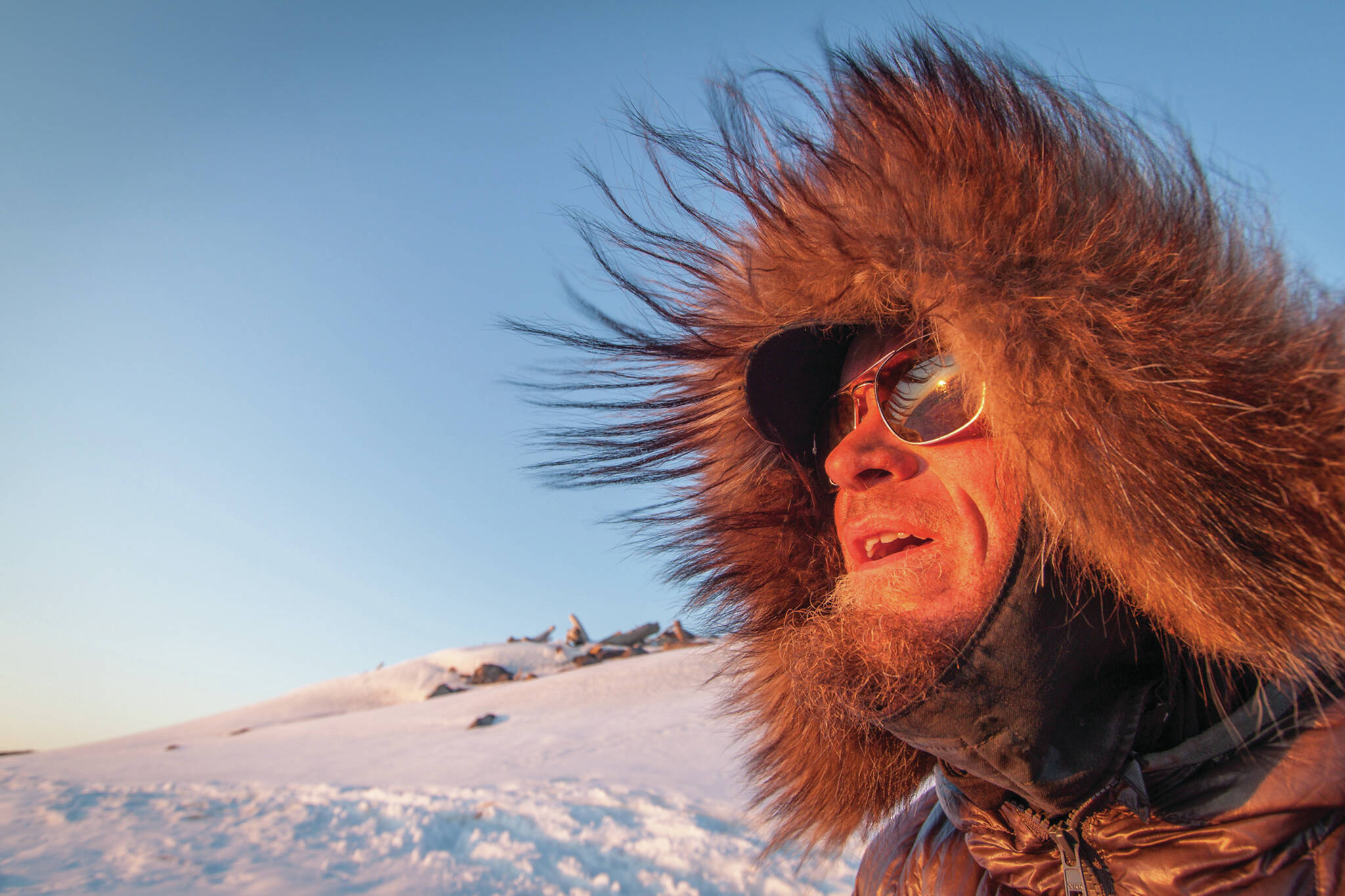A decade ago, it would have been forgivable to not appreciate which climate solution was the most impactful. Is it transportation, energy, food production? As an individual, is it more meaningful to switch light bulbs or to drive less, compost or grow a garden?
Important questions like these have been asked, studied and quantified in the book and online resource titled “Drawdown, The Most Comprehensive Plan Ever Proposed to Reverse Global Warming.” The authors of this tome rank the top 100 most meaningful climate solutions and provide clear alternatives to each of these atmospheric offenders. All but one of the solutions in the book are called “zero regret solutions,” which is to say that switching from our current ways and means is entirely possible.
What Drawdown does not make clear, however, is how these solutions will be implemented. Two years ago, a small group of concerned citizens decided to use this book as a guiding document, to find and implement a project to address the climate crisis on a local level without the slow and politicized assistance of the government.
Over the course of nine months, Homer Drawdown, a group of residents, with more than 250 people on its email list, met once a month over Zoom to discuss each chapter of the book and to nominate potential climate solutions from each sector. The Drawdown series is centered in the belief that community-led solutions, if deployed collectively on a global scale over the next 30 years, represents the most credible path to reaching drawdown — the point at which more carbon is being removed from the atmosphere than is entering it. After much research and deliberation, our group chose Peatland Protection and Re-Wetting as our project.
Although peatlands make up only 3% of the Earth’s surface, they store more carbon than all the world’s forests. They are second only to the ocean in how much carbon they have locked away and out of the atmosphere. Over the last year, Homer Drawdown has partnered with local scientists, land managers, Kachemak Heritage Land Trust, artists, authors, City and Borough government, nonprofits, the Homer Airport, and many others. Our mission has been to put peatlands on the map. In the ceaseless stream of government’s failures to address the climate crisis, our small and dedicated group has seen remarkable success on the local level.
This January, Homer Drawdown will reconvene and begin deliberation on a new, middle-out, community-led climate solution. As we embark on this next project, we invite anyone who is concerned about global warming to join. Information about Homer Drawdown can be found at www.homerdrawdown.info.
Bjørn Olson is an independent filmmaker and board member of the Kachemak Bay Conservation Society.


